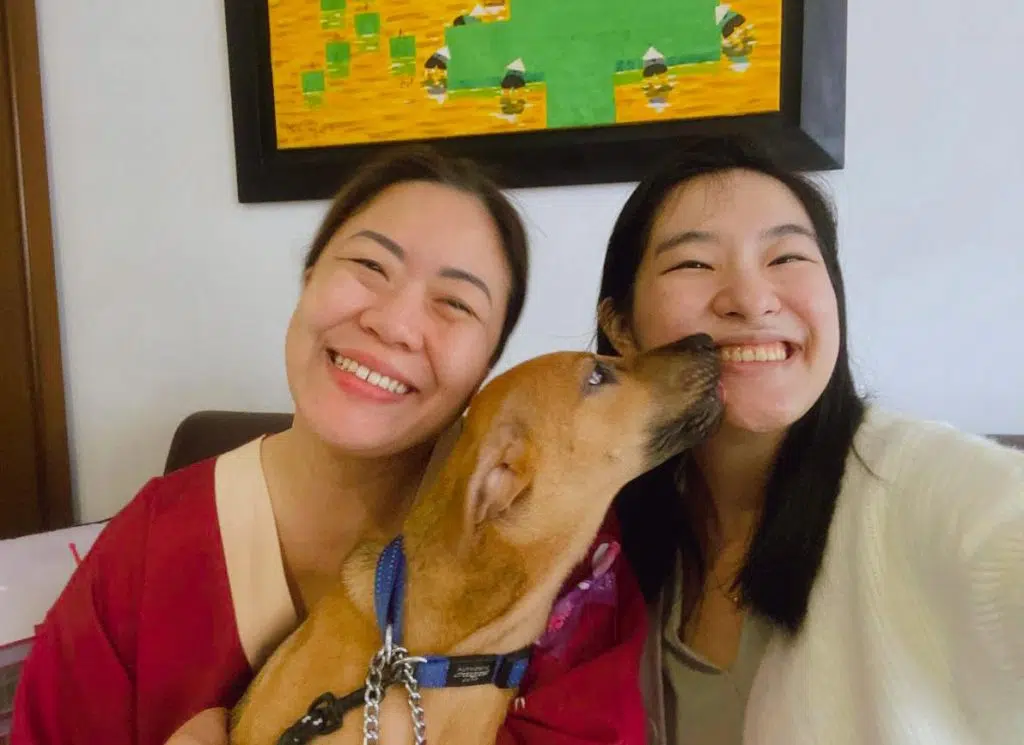Responding to a Cardiac Arrest
My first time performing CPR was emotionally challenging. Even traumatic. So before you go through the same thing, or witness a cardiac arrest, let me share some tips.
A month after I received my first aid training, I responded to my very first cardiac arrest case. I received a notification on the myResponder SCDF app and quickly realised it was my elderly neighbour. An ambulance would be on the way but I had at least an 8-minute head start on saving her. I came face to face with the elderly patient, bed-bound with her family members around, clearly in a frenzy and under severe stress. At this point, doubt and worry filled my mind.
“I’ve only performed CPR on dummies yet never on a real person”
“She’s really fragile and what if my chest compressions hurt her brittle bones?”
“What if I’m not skilled enough and my actions lead to a detrimental effect on her quality of life later?”
Under such immense pressure, it’s critical that you remind yourself of your purpose and to recalibrate your mind. I had to go through multiple steps to get the elderly to an ideal position – every extra step was a precious second lost from starting compressions. Every minute that passes, the patient’s survival rate drops by 10%. I had to act FAST. The next thing I knew, my 8 minutes were over. The paramedics came through and swiftly took over the situation.
Facing Your First
Shortly after, my neighbour reached me to say that the elderly patient had passed on and thanked me for my help. A strange feeling washed over – spectating death for the first time. Not just as a bystander, but as someone in a position to save this life. I couldn’t help going down the rabbit hole of self-blame, guilt and criticism that day.
“Could I have done better?”
“Maybe if I did something faster, or something else correctly, could she have made it?”
“Maybe my hesitation for a few seconds was the reason?”
So… How do you process this?

While we all have different coping mechanisms, guilt and/or personal responsibility really shouldn’t be on you when faced with such situations. One of the best advice I have would be to face these emotions head on. Identify how you are feeling and process it by verbalising and articulating these thoughts with a confidante. It may also help to acknowledge your efforts in trying. Instead of beating yourself up over this “failure”, give yourself due credit for taking action.
Another key thing is mindfulness, of which I’m constantly thankful that Dr Jade is a huge advocate for. Mindfulness grounds us in the present moment, opens the doors to gaining insight into our true thoughts and can provide us with new and healthy perspectives. It builds our ability to self-regulate and recover. This very process requires practice; it’s akin to building a muscle. Only with continuous tending can we improve the efficiency and effectiveness at which we recover. Practicing mindfulness helped me keep in tune with my thoughts and emotions after this cardiac arrest case.
It takes time to return to “normalcy” and this varies for everyone. However, it is important that you keep track of your journey and should you face increased difficulty to cope with this stress, reach out to a medical professional as PTSD can be very real. There is no right or wrong way to feel after witnessing a cardiac arrest. As your mind starts to drift to the victim, recentre yourself and remember that your mental recovery and wellbeing is equally important. Only with your best self, will you be able to help others.
P.S. Check out the “Facts & Myths about CPRs and AEDs” playlist by Dr Jade! She discusses the technicalities of performing CPR and other questions you may have. For one, will you actually break a rib while performing compressions?
P.P.S. You don’t need to have a CPR certification to perform CPR. Download the myResponder app to be notified of nearby CPR cases and save a life.
By Pearlyn Tan
I graduated from Singapore Management University and currently work in Google. As far as this may sound from the medical community, I find that our littlest actions can bring great impact to patient lives even as a non-medical professional. Equip yourself with first aid skills, give blood, respond to a cardiac arrest case. It may not be easy dealing with the emotional aspects of patient care, especially if it’s not something you deal with on a day-to-day, but I hope this article encourages you to step forward and save a life.
